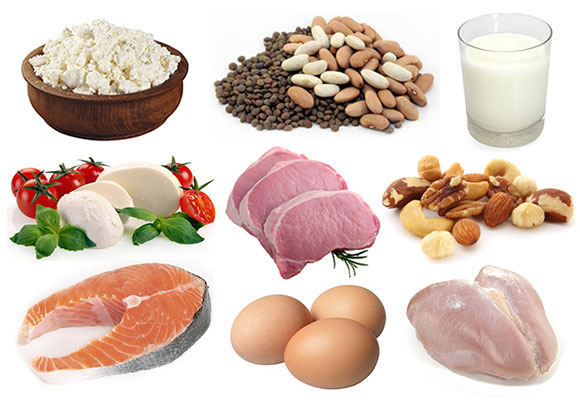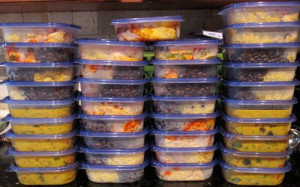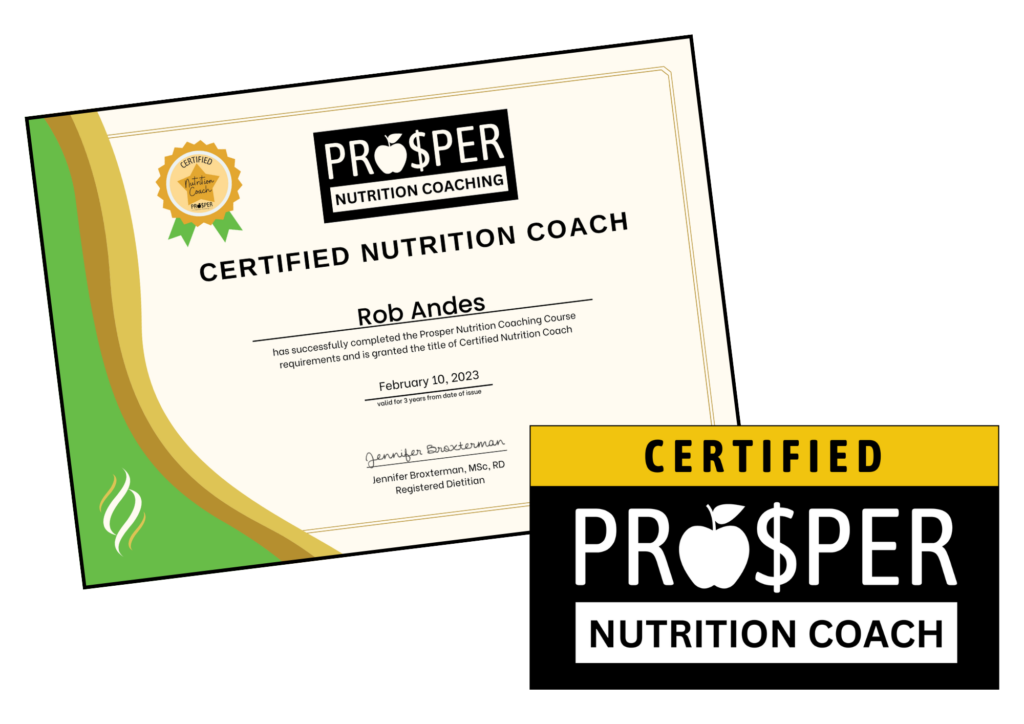

Muscle Building Tips for Athletes
Many athletes have goals to build muscle mass. Whether for improving performance, strength, power, to move up a weight class or for an aesthetic reason, a well-planned resistance-training program built into the yearly training schedule is key. Assuming that is in place, there are some nutrition strategies that can also help support your goal of building lean muscle mass and minimizing unwanted increases in body fat.

Tip 1: Set Realistic Goals
Consistency is really important, both in your training and nutrition, but often times outside factors can effect how quickly you build lean muscle mass, including your training history, genetics, training program, and nutrition. Gaining too fast may mean a gain of unwanted body fat. To help with accountability and to check progress, measure your starting muscle mass and fat mass using a BOD POD test to gain accurate baseline results for your overall body composition, including your body fat percent and lean muscle mass.
Tip 2: Think Protein Timing over Total Protein Requirements
Since our body can only use so much protein at one time for muscle building (any excess is oxidized for energy or stored away as body fat), moderate amounts of protein spread throughout the day will help you best build lean muscle mass. How much? About 0.25 g – 0.3 g/kg body weight every 3-4 hours. This translates to including a protein source at each meal and snack.
If you take a look at most people’s typical eating habits, protein intake is often sparse throughout the day, with a huge serving supplied at night. These people may very well be meeting their protein needs, however, moderate amounts of protein regularly distributed during the day will better support muscle growth in the long-run.

Tip 3: Eat a Bedtime Snack
Casein is a type of protein found in milk products (especially cottage cheese) that is slow digesting. Having a snack that contains protein before bed can help prevent muscle protein breakdown that happens overnight.
Tip 4: Don’t Forget About Carbohydrates
Be sure to meet your carbohydrate needs as well. The right types, amounts, and timing of carbohydrates can help to support your muscle-gaining goals. Without enough carbohydrate in your diet, you may have to use protein for energy as opposed to using it for muscle building. Be sure to include carbohydrates before and after workouts to help you get through an intense session and recover in time for the next training session.
Tip 5: Choose Whole Foods Frequently
Meeting the increased energy and protein needs to support muscle growth requires eating balanced meals and snacks more often, usually every 3-4 hours. Continue to choose whole foods regularly, but if you have difficulty reaching your energy needs, you may need to choose more energy dense foods, but ones that are still rich in nutrients.
Some examples include:
- Trail Mix with a variety of nuts, seeds, and dried fruit
- Avocados – add to sandwiches or mix in smoothies
- Liquid meals/snacks like smoothies
Tip 6: Become a Planner
You’ve likely built your training sessions in and around your busy schedule. Nutrition requires this same type of planning as well! A bit of planning can prevent you from skipping meals or turning to quick, unhealthy options.
Meal and Snack Planning Tips:
✓ Portion out healthy snacks for the week
✓ Plan out your meals for the week and use that to create a grocery list
✓ Batch cook and freeze individual portions for busy days
✓ Try a Healthy Meal Exchange Swap with friends

Tip 7: Hydrate
While water isn’t going to necessarily help you build muscle, muscle does have a high water content, so your needs may increase as you develop more lean muscle mass. As well, many people neglect to drink enough water during the day, and being dehydrated can decrease energy and concentration, making workouts feel more difficult and prevent you from flushing out lactic acid. Make sure you’re drinking water regularly throughout the day, and even before you feel thirsty, as your body is already dehydrated by the time your thirst mechanism kicks in.
Wishing you health & happiness,
♡ Jen
Jennifer Broxterman, MSc, RD
Registered Dietitian
NutritionRx: happy, healthy living with our team of Registered Dietitians
Prosper Nutrition Coaching: a world-class nutrition coaching certification
+
+
+
Want to work with a NutritionRx Registered Dietitian?
Learn more here: Nutrition Packages & Rates
+
+
+
Want to become a Certified Nutrition Coach?
Learn more about our habits-based Prosper Nutrition Certification



